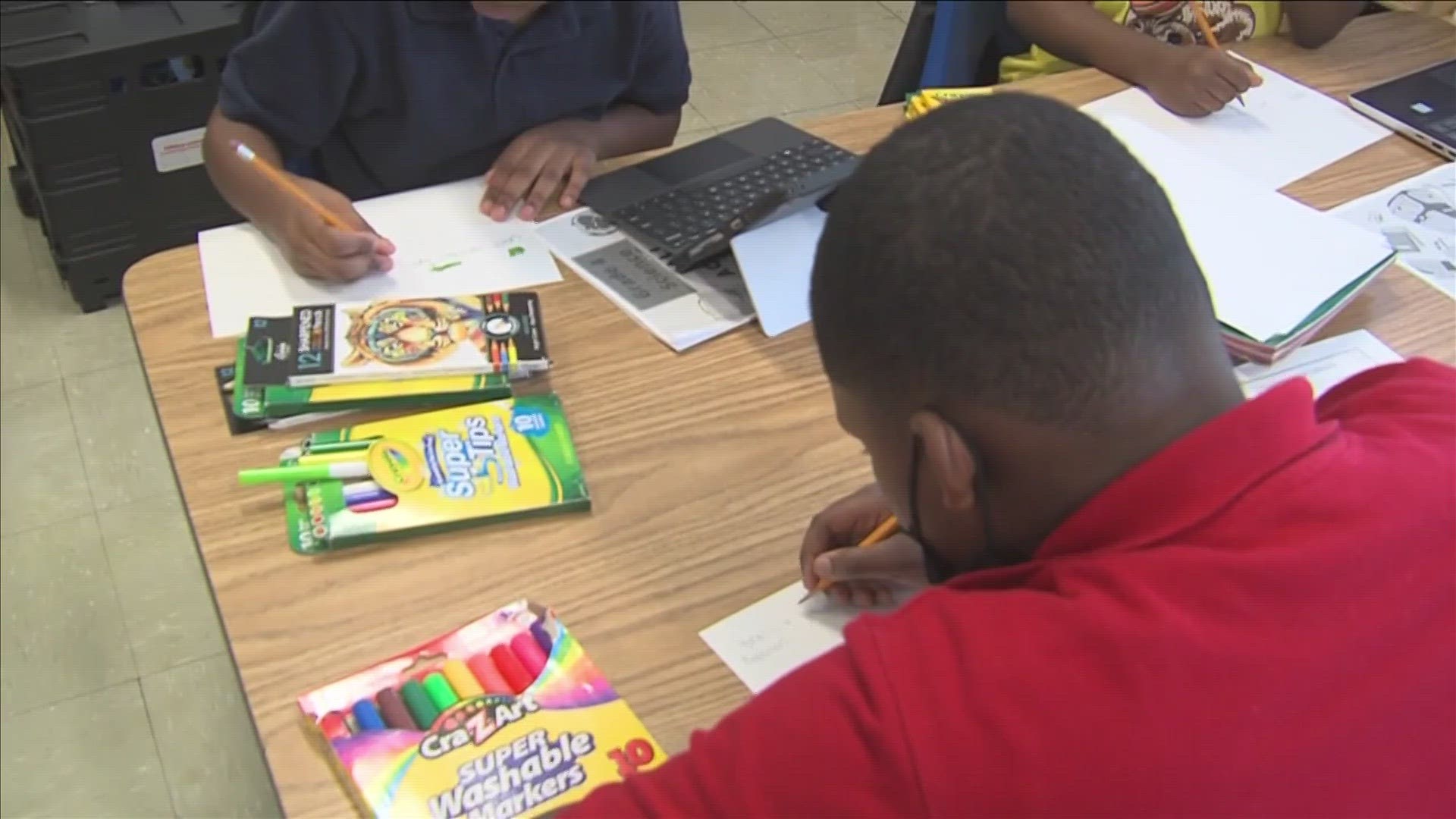MEMPHIS, Tenn. — The Tennessee Comprehensive Assessment Program, commonly known as TCAP, is right around the corner. In a little over a week, students will be taking the state exam to gauge where they are in their education levels.
This is the time of year Tennessee educators get laser focused prepping for the state’s TCAP exam. “We were trending up and we expect those trends to continue,” said William White, MSCS Executive Director of Accountability.
School districts do not know where they will stand until TCAP results come back. White said schools with students who transfer in the middle of the year, may be held accountable for those students’ scores. “This is dictated by state accountability rules,” said White.
Tennessee Department of Education calls it the 50% Rule. “The data for a transfer student gets assigned to the school where the student has spent 50% of his time,” said White.
If a student spends 50% or more of the year at a particular school, that school is responsible for his, her or their test scores even though the student no longer attends.
If a student transfers multiple times within a year, “no school will actually see those results or have those results tied to them," said White. "Now, if he's done it within the district, has still been in the district's enrollment for 50% or more. This could affect the district's accountability, but would not affect the individual schools accountability.”
It is a situation MSCS sometimes faces as students transfer schools for various reasons. “Nationally, research shows that the more a student transfer schools, the more likely he is to not do quite so well. In school, in general, whether it be his grades or his attendance or, you know, his test scores,” said White.
TCAP preparations are standardized within districts for that reason, among others. “We do have a standard curriculum and a pacing guide, such that if students do transfer, they should essentially be on pace, regardless of where they go,” said White. “It's still a challenge as we come out, COVID and as we deal with the significant learning loss that our students have.”
MSCS stresses attendance and gives assessments throughout the year to check students’ learning levels. “There's certainly been an emphasis in giving all of the supports necessary, using a lot of the funding that we've got gotten for things like summer programs, and tutoring and educational assistance in our early grades that we certainly hope are going to pay off in seeing an increased test scores,” said White. It is a goal MSCS wants to maintain.

